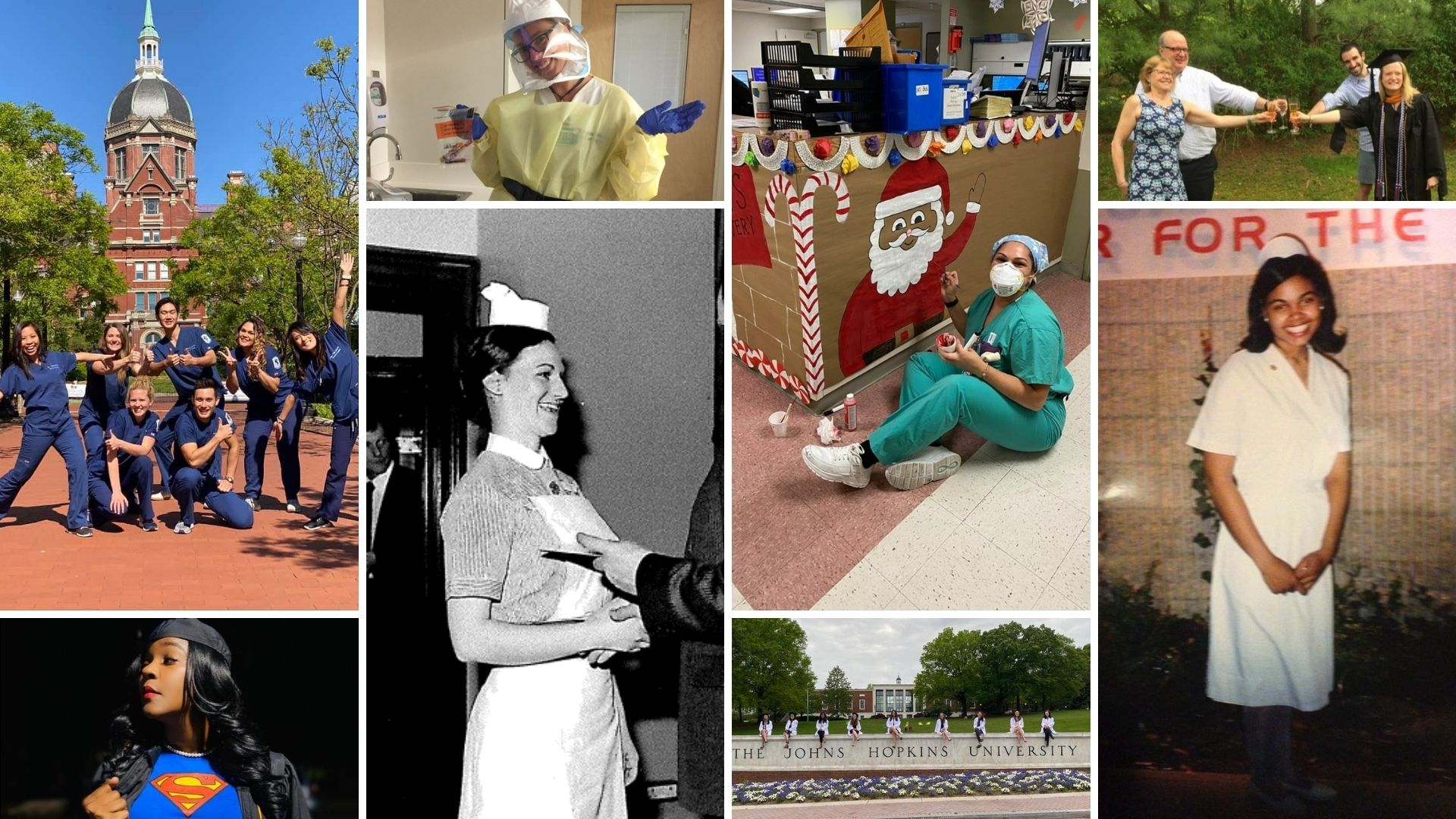Okay, I’m going to be totally honest here. Midway through winter break, in the middle of a discussion with my significant other about what we were going to do with our respective summer breaks, I had a huge moment of self-doubt: was nursing the right thing for me to be doing? Did it look, so far, like what I had expected? Was it going to be worth all of the time, energy, and money I was putting into it?
The answer to all of that was both yes and no. It just depended on what kind of nursing you meant.
When you take into account the sheer breadth and diversity of nursing jobs, it makes a lot of sense that I can look at some of the examples and say no, I definitely do not want to be doing that, just as strongly as I can look at other examples and say that is exactly what I want to be doing. But that doesn’t mean that I don’t want to be doing nursing. It just means that I don’t want to be doing that kind of nursing. Because believe me, it turns out that there are a lot of different ways to use your nursing degree, and I’m only just starting to scratch the surface of the possibilities.
Nurses work in hospitals. They fly in helicopters. They might do only home-care, or work at birthing centers. They might deal only with the very old, or the very young, or they might see a whole spectrum of patients. Some nurses thrive on adrenaline and blood. Others prefer environments where they get to take their time with interviewing patients, drawing out the details of less immediately pressing ailments. They teach, or do research. They focus on the social barriers to care, or they focus on the science of new drugs. They have a lot of the same skills, but their environments can sometimes bear almost no resemblance to each other at all.
I fell in love with nursing through shadowing a Nurse Practitioner in a migrant health program. We did not start our days in a hospital, or in a clinic. We started our days by loading all of her supplies, a card table, and chairs in to the back of her Subaru. Then we drove around to migrant camps and set up our own little mobile clinic, outdoors, under the trees. We didn’t always have every resource we needed, but to me, that was part of the challenge: figuring out how to make what we needed out of what we had.
Is it any wonder that I sometimes felt disoriented, during my first semester, when I tried to connect those aspirations to the very different environment of my first clinical rotation on a med-surg floor?
I appreciate that disorientation, the incongruities between my own small visions of what I want to do with nursing and the many possibilities available to me. Because while some of the environments nurses work in do not appeal to me as much as that first vision of a mobile, outdoor clinic has, some are just as exciting, and are possibilities that had never occurred to me before. Before I began working at House of Ruth, I never thought about nurses in shelters. Until I began meeting classmates who wanted to go into midwifery, I had never given that career path serious consideration. There are regular lectures, meetings, and presentations passing through the JHU SON showing whole models of how to be a nurse that I hadn’t known existed. And working in the hospital—one of the most common settings where nurses can be found, a setting that I really have very little interest in—has been surprisingly up and down for me: sometimes I have really disliked the atmosphere, with its rows of curtained-off rooms and easily spread infections, but other times I have been grateful for the many resources it provides, and happy to find the kinds of personal connections there that I have associated with other, smaller clinical environments. I’m glad that I have several semesters of clinicals left to go to help me figure out more definitively what works best for me.
This is my second Bachelor’s degree. I want to make sure I’m doing the right thing, because I’m not planning on going back for a third. It’s good for me to check in now and again and make sure that this still feels like what I’m supposed to be doing. It’s even better to conclude that yeah, this is where I want to be.
 Admissions Talks: Career Changers
Admissions Talks: Career Changers Nurses are the “Most Trusted Profession” for 19 Years in a Row
Nurses are the “Most Trusted Profession” for 19 Years in a Row How It Started … How It’s Going: From My First Year as a Nurse to 2020
How It Started … How It’s Going: From My First Year as a Nurse to 2020 Where Do Nursing and Business Meet?
Where Do Nursing and Business Meet? 4 Unique Careers in Nursing, and Tips for How to Get There
4 Unique Careers in Nursing, and Tips for How to Get There







